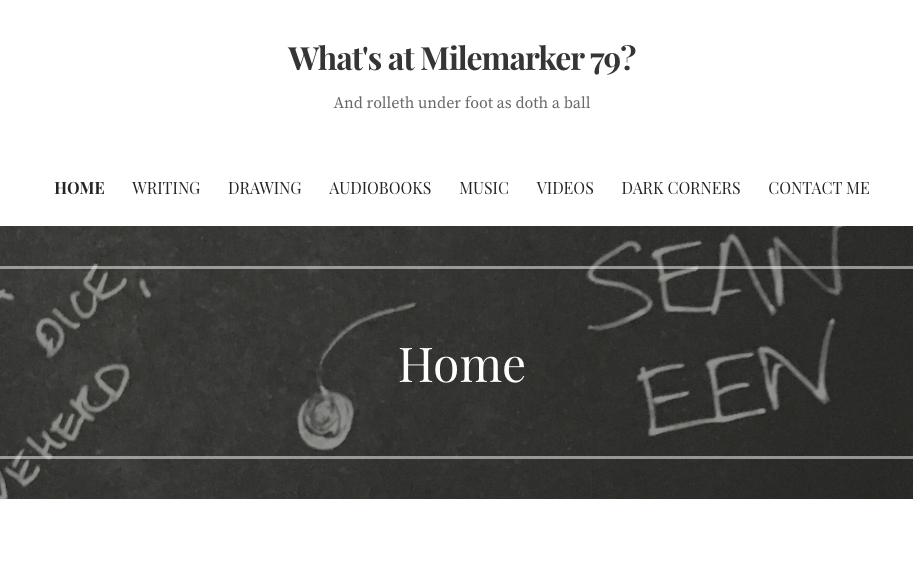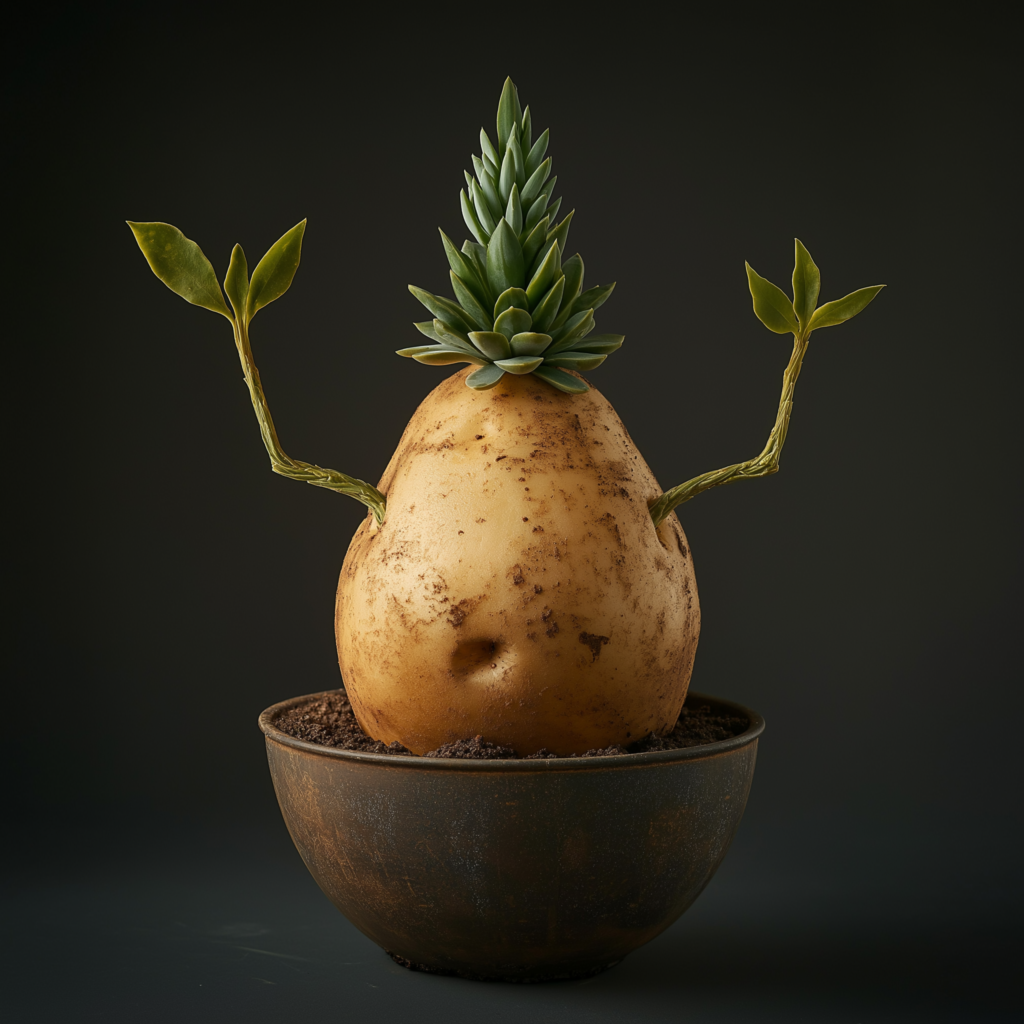“God” by Yevgeny Zamyatin, from his first collection of fairytales
Translated last night by me
The kingdom was rich and ancient, famous for its female fertility and male valor. And the kingdom was placed in the gap between the oven and the wall at the house of the postman Mizyumin. There was a particular cockroach named Senka—the foremost troublemaker and rascal in the entire cockroach kingdom. Senka didn’t give the other cockroaches a moment’s peace; he sneezed at the old people; and he did not believe in God, he said, “No”.
“How can you not believe? Your eyes are shameless. Why don’t you crawl out in the light and open those bulging bug eyes wide. Then see if you say no…”
“All right, I will,” Senka swaggered.
And one fine day, he did. He got out—and gasped. God was real! There he was, right there: formidable, unbearably enormous, in a pink chintz shirt, God…
And God, the postman Mizyumin, was knitting a stocking: he loved to make handcrafts in his spare time. Mizyumin saw Senka and was delighted: “Ah, beloved friend, cockroach from behind the oven, where did you come from, hello!”
Postman Mizyumin needed a friendly ear for, like Senka, he had no one to talk to.
“Well, brother Senka, I’m getting married. My bride is first rate. You understand, in your cockroach soul: the girl is from a noble family, and the dowry is a hundred and fifty rubles! Oh and we’ll begin to live with you! Shall we live together, Senka? Eh?”
Senka’s eyes bulged with emotion and he forgot all words.
Mizyumin’s wedding was to take place atop a red hill, and the noble bride ordered him to buy new galoshes before the wedding. It was a pure disgrace, for Mizyumin was wearing his father’s leather skrobyhaly, size fourteen. As soon as Mizyumin hit the street, the urchins would follow him:
“Eh! Eh! Skrobyhaly! Skrobyhaly! Trade you! Skrobyhaly!”
Mizyumin knitted and knitted, and went to Trubnaya Square to sell his stockings and buy new galoshes. Goldfinches in a cage caught Mizyumin’s eye, a lovely sight.
“What if I buy these goldfinches instead? My galoshes are still sturdy…”
He bought the cage and presented it to his bride as a gift:
“Goodbye, knitted stockings—I sold them, and bought you these finches. Do not disdain a gift from a pure heart.”
“Wha-at? Stockings? And again in the skrobyhaly? Well, no-o, my patience is gone. Just think: marry a stocking maker! No-o, no, and say no more!”
She drove Mizyumin out of sight. He got plastered in a cheap tavern and went home drunk as a skunk, holding onto the walls…
And on the wall, the cockroach Senka was waiting for God: to listen with affection, like every evening, to what God had to say.
The postman Mizyumin sniffled bitter tears, his hand fumbling along the wall. And somehow, inadvertently, he touched Senka with a finger, sending him flying headlong into bottomless darkness.
Senka came to lying on his back. The banks were smooth and slippery, and at a terrible depth. Far above, barely visible, was the ceiling…
And Senka prayed to his god:
“Get me out, help me, have mercy!”
But no, at such a depth, God would probably not be able to reach it, and he, Senka, would perish.
…Sniffling bitter tears, Postman Mizyumin wiped his nose with the hem of his pink shirt.
“Senka, Senyushka, you are the only one left with me… And where have you gone… where am I to you, my de-ear…”
Mizyumin found Senka in his skrobyhal. With a finger he plucked Senka out of the abyss of the skrobyhal, size fourteen, and set him on the wall where he could crawl. But Senka couldn’t even crawl, he had lost the ability to think straight: how unbearably great God was, how merciful, how powerful!
And God, the postman Mizyumin, sniffled and wiped his nose with the hem of his pink shirt.
1915
Translator’s note: I do not know what skrobyhaly are. If you do, please let me know, and I will update the text!




